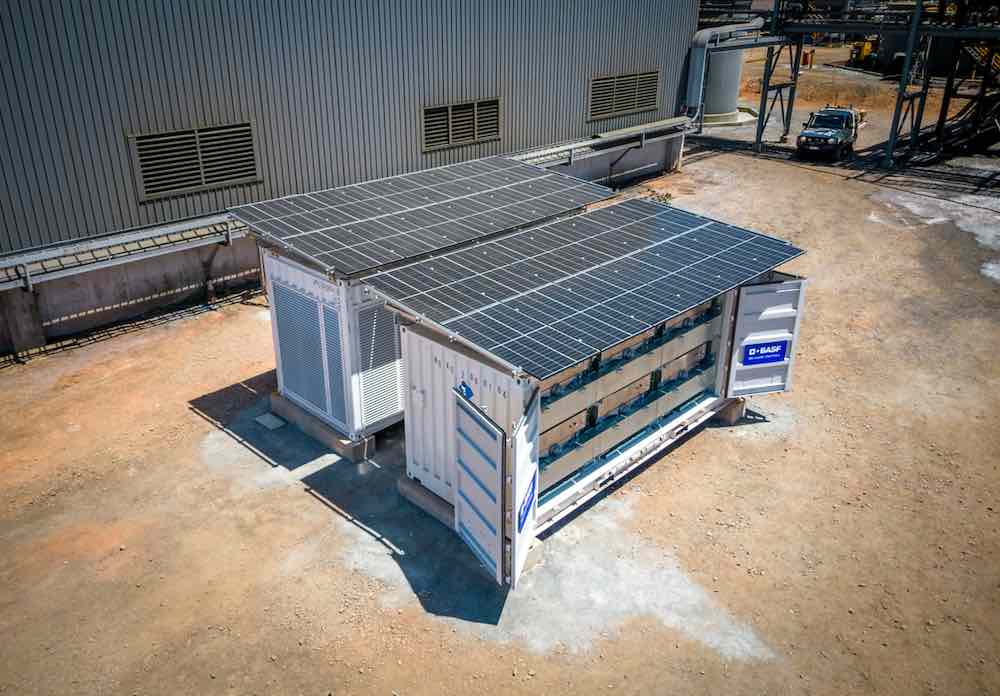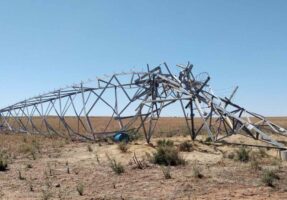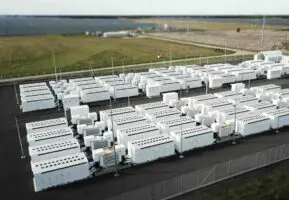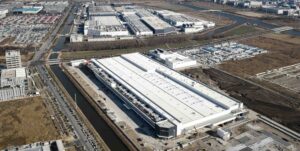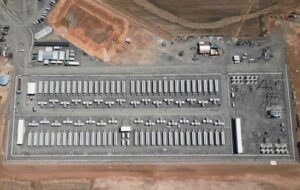What is being described as the biggest grid-connected sodium sulphur battery installation in Australia may be installed in one of Queensland’s main clean energy hubs as the state continues to explore alternative storage technologies to support the transition to renewables.
The state owned CleanCo says it is looking to commission a 1.5 MW sodium sulphur battery with at least six hours storage at Swanbank, a former coal generation site near the city of Ipswich that is being rapidly transformed into a clean energy hub.
The technology is a type of molten salt battery that uses liquid sodium and sulfur electrodes, has no risk of thermal runaway and does not use toxic chemicals. It is also long lasting.
The NAS battery is made by Japan’s NGK and Germany’s BASF and is to be installed by Queensland company Allset, which built the country first sodium sulphur battery (1.5 MWh) at the Nova nickel cobalt copper mine in Western Australia earlier last year.
It is one of a number of trials of new technologies being sponsored by state-owned generation companies in Queensland, with Stanwell also looking at iron flow and zinc-bromine flow batteries at the site of another coal generation site that is being converted into a clean energy hub.
CleanCo says the stackable, modular design of the NAS sodium sulphur battery means it can expand to gigawatt scale projects.
A study with the involvement of the Queensland University of Technology is expected to be completed in early 2025 to support an investment decision in the same year, with the project potentially operational by mid-2026.
“The trial at Swanbank will allow us to explore the commercial and operational potential of long- duration energy storage, enabling us to meet the evolving needs of our customers with reliable, sustainable energy solutions,” CleanCo CEO Tom Metcalfe said in a statement.
Swanbank used to be home to two coal fired power stations, Swanbank A and B, whose last units were closed in 2005 and 2012 respectively, and still hosts the 385 MW Swanbank E gas generator.
It is currently building a 250 MW, two hour (500 MWh) lithium ion battery, funded with $330 million from the Queensland Renewable Energy and Hydrogen Jobs Fund, and last year launched an EOI for longer duration storage batteries to be trialled at the hub.
Allset Energy managing director Thomas Buschkuehl described the NAS sodium sulphur battery as a mature, long duration energy storage technology capable of supporting 24/7 carbon neutral operations. He says there have been more than 250 deployments around the world.
The Nova battery was installed in just 15 days, and despite its arduous environment required no air conditioning (usually the main cause of noise from lithium ion battery storage installations) and little maintenance. Another of the same size was a announced earlier this year to be trialled in Carnarvon.
Joshua Watts, the head of QUT’s energy storage research group says it will be the first multi-container deployment of the technology.
“This project represents a big leap forward for Australia in adopting the new technologies required to provide stable and secure power to the nation,” he said.

